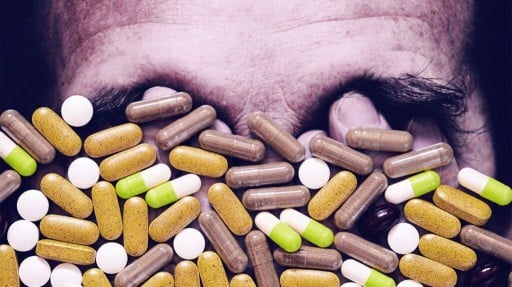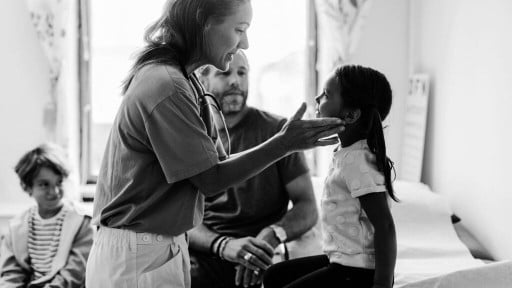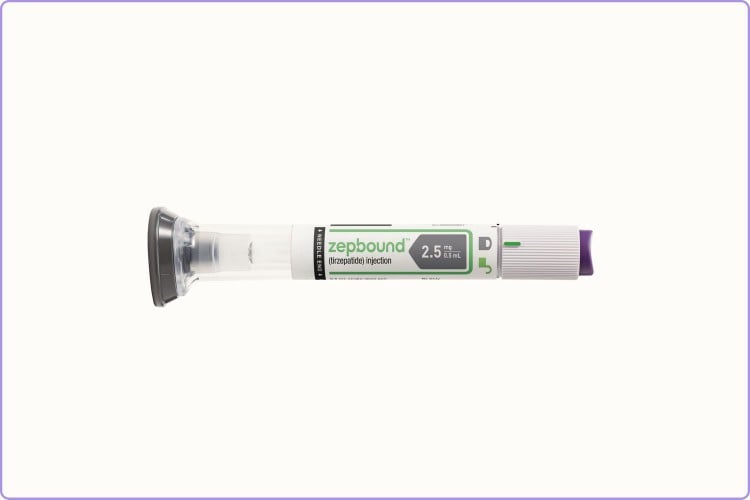Therapy vs medication: Treatments for depression in heart failure

- About half of all people with heart failure in the United States also have depression.
- Researchers report that behavioral activation therapy as well as antidepressants can help improve depressive symptoms.
- Behavioral activation therapy is an evidence-based treatment for depression that focuses on the patient’s engagement in enjoyable activities.
Behavioral activation therapy is as effective as antidepressants for treating depression in people with heart failure, according to a new
The researchers noted that in the United States, there are approximately
The researchers said people with both heart failure and depression have lower cardiac function, more emergency room visits, more hospital admissions, higher caregiver burden, and a lower quality of life compared to people with heart failure without depression.
Details from the heart failure and depression study
The researchers, who were from the Department of Psychiatry and Behavioral Neuroscience at Cedars-Sinai Medical Center in Los Angeles, followed 416 people for one year to determine if there was a difference in outcome when either behavioral activation therapy or antidepressants were used to treat depression in people with heart failure.
Half of the study subjects received antidepressants and half participated in behavioral activation therapy. There were no statistical differences in demographic characteristics between the two groups.
Participants receiving behavioral activation therapy were assigned to meet with a social worker trained to provide this type of therapy.
Those receiving antidepressants were assigned to a registered nurse as a care manager to provide medications.
Both groups received a 50-minute introductory session with their assigned professional and then weekly sessions for 12 weeks.
During this initial 12-week period, the behavioral therapy group continued to have 50-minute sessions while the medication group had weekly 15-minute sessions. After the initial 12 weeks, both groups received monthly sessions for three months, followed by sessions on as as-needed basis for an additional 6 months.
Sessions were given via telehealth, reducing the burden of transportation and time on the patient and caregiver, which researchers said improved adherence and quality of life without compromising the effectiveness of the health care.
At the end of the year, the researchers reported there was no statistical difference in the effectiveness between the two groups. Both groups had more than a 50% reduction in the severity of their depressive symptoms.
“This study, which was conducted in a real-world setting, demonstrates that it is entirely feasible to incorporate psychiatric treatment into specialty medical care. Integrating psychiatric treatment into medical care is an effective way to reduce stigma, increase access, and improve outcomes for people who struggle with mental health problems alongside their chronic medical conditions,” said Dr. Itai Danovitch, a professor at Cedars-Sinai Medical Center and a co-author of the study, in a press release. “Most people who suffer from depression do not receive effective treatment. It is critical that we increase screening for psychiatric conditions and ensure that patients have access to high-quality and effective mental health care.”
Reaction to the depression treatment study
“It is also questionable whether this is practical. In this country, at least, we have a shortage of mental health professionals,” Wright told Medical News Today. “It would be impossible to have every person with heart failure receive an hour of counseling once a week for 12 weeks. It would be very difficult to find mental health care to this extent for people on Medicare.”
“Depression has long been associated with heart failure, so I suggest walking, getting a pet, going to the movies, getting together with friends, and engaging in other activities they find enjoyable,” Wright said.
“The take-home message is that depression can be treated, improved, and the improvements maintained,” he added. “Another benefit of behavioral activation therapy is that it doesn’t require additional medication. By the age of heart failure, many people are on several medications and they all have potential interactions with other drugs. Having a therapy that doesn’t require adding medication is good.”
Understanding behavioral activation therapy
Behavioral activation therapy is an evidence-based treatment for depression that promotes engagement in activities the patient finds enjoyable.
For the study, participants randomly assigned to this type of therapy worked with a therapist to develop a personalized list of activities that brought them joy and fulfillment.
Examples of activities include:
- Having lunch with a friend
- Taking a walk
- Volunteering
- Listening to their favorite music
The subjects participated in their chosen activities on a regularly scheduled basis.
The treatment focused on increasing the level of enjoyment and rewarding activities done each week for 12 weeks and incorporating them into their daily schedule.
The researchers reported that the participants who received the psychotherapy intervention showed some improvement in their physical and mental health-related quality of life, which was a secondary outcome of the study.
They also had fewer emergency department visits and spent less time in the hospital during the study period than those who received antidepressant medications. There was no statistical difference in mortality between the groups.
One possible cause for the fewer emergency room visits and hospitalization stays was that the group receiving behavioral therapy was encouraged to be physically active to a more significant degree than the group receiving antidepressants.










